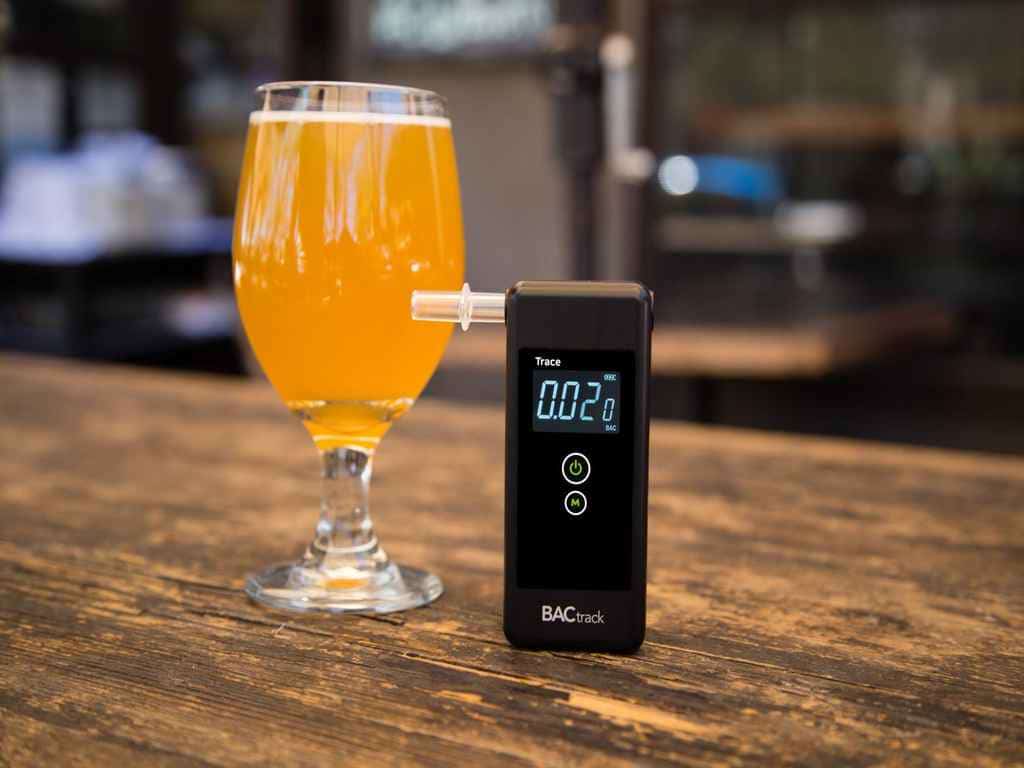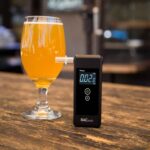
A fuel cell breathalyzer typically has the most accurate sensor for breath testing, which leaves little room for error however it always wise to err on the side of caution and allow for a small margin of discrepancy. . Breathalyzers are not all the same. When choosing a breathalyzer, it is crucial to consider the sensor type. Without a doubt, these factors are essential to obtaining a highly accurate and reliable Blood Alcohol Content (BAC) result.
Fuel Cell Breathalyzer: Sensor type
BACtrack devices utilize the Xtend™ Fuel Cell Sensor Technology to maximize accuracy, the same kind of tech used in a law enforcer’s breathalyzer. A fuel cell breathalyzer sensor can provide consistent and accurate BAC readings from 0.00% up to 0.400%; this includes detecting trace amounts of alcohol.
Providing a breath sample
The BACtrack personal fuel cell breathalyzer has a tiny air pump that allows users to get the highest precision and accuracy in collecting a breath sample. When conducting a breath test, the user can feel the pump collecting and processing the breath sample provided.
Accurate Breathalyzers
If you want a breathalyzer with the highest accuracy, you should consider getting a device that utilizes fuel cell breathalyzer sensor technology. The BACtrack Mobile, BACtrack S80 Pro, and BACtrack Trace products are made with Xtend Fuel Cell Sensor Technology. In addition, this technology uses a linear response to measure blood alcohol content from zero to 0.400 % BAC and provides extended sensor life for long-term use and reliability.
- BACtrack Mobile – The most compact and portable fuel cell breathalyzer available, can also wirelessly connect to all kinds of smartphones, offering result tracking and sharing features.
- The BACtrack S80 Pro –Utilizes the largest fuel cell sensor in BACtrack’s pro breathalyzer series and will remain accurate for a more extended period.
- BACtrack Trace –Is designed for portability and ease of use. The Trace has a slightly smaller sensor compared to the S80 Pro.
Common causes of inaccurate breathalyzer readings:
- Device Error – Every device has a small margin of error.
- Calibration – both a fuel cell and semiconductor device needs recalibration after a particular time or amount of usage. The lack of calibration can significantly affect the accuracy of a breathalyzer.
- Environmental Factors – cigarette smoke and other alcoholic vapours can make a semiconductor breathalyzer sensor less accurate.
- Wait Time – wait at least 20 minutes after your last drink before conducting a breath test.
Related Articles:
- What is a Breath Analyser for Car?
- How accurate are digital breathalysers?






























